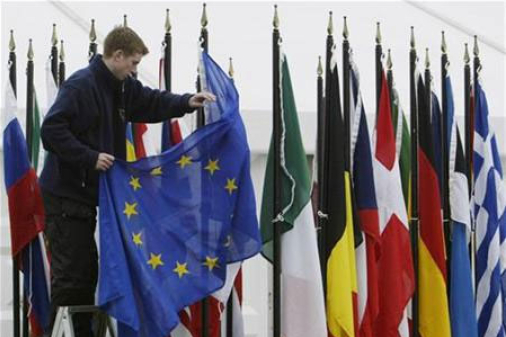
The European Union has launched a new Global Sanctions Regime to penalise human rights abusers.
The scheme is inspired by the Magnitsky Act, a US law sanctioning human rights offenders, freezing their assets and banning them from entry into the country.
More recently, the US Magnitsky Act has been used to impose sanctions on human rights violators in China's Uyghur Region.
The introduction of the Global Sanctions Regime will enable the EU to impose travel bans on human rights abusers across the 27 member states as well as freeze their assets.
A similar sanctions regime was introduced by the UK earlier this year.
Christian Solidarity Worldwide (CSW) welcomed the introduction of the regime, saying that it could have "significant implications" for people living in the countries it works on.
CSW's Founder President Mervyn Thomas said: "CSW welcomes the new European Union Global Human Rights Sanctions Regime as another tool for the EU to uphold and protect human rights worldwide.
"Its comprehensive and relatively swift agreement by the 27 EU Member States is an encouraging indication that despite economic and political differences there is a common belief in human rights as the basic tenet of democratic governance among Member States.
"It is our hope that countries that have adopted global sanctions regimes will work together to ensure that human rights abusers are effectively challenged, and engage in civil society consultation to render these measures as effective as possible."













